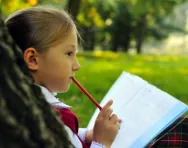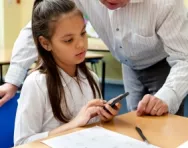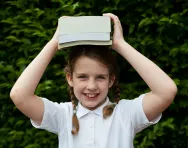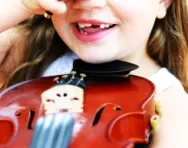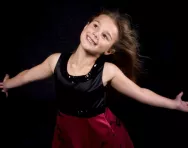Important update from TheSchoolRun
For the past 13 years, TheSchoolRun has been run by a small team of mums working from home, dedicated to providing quality educational resources to primary school parents. Unfortunately, rising supplier costs and falling revenue have made it impossible for us to continue operating, and we’ve had to make the difficult decision to close. The good news: We’ve arranged for another educational provider to take over many of our resources. These will be hosted on a new portal, where the content will be updated and expanded to support your child’s learning.
What this means for subscribers:
- Your subscription is still active, and for now, you can keep using the website as normal — just log in with your usual details to access all our articles and resources*.
- In a few months, all resources will move to the new portal. You’ll continue to have access there until your subscription ends. We’ll send you full details nearer the time.
- As a thank you for your support, we’ll also be sending you 16 primary school eBooks (worth £108.84) to download and keep.
A few changes to be aware of:
- The Learning Journey weekly email has ended, but your child’s plan will still be updated on your dashboard each Monday. Just log in to see the recommended worksheets.
- The 11+ weekly emails have now ended. We sent you all the remaining emails in the series at the end of March — please check your inbox (and spam folder) if you haven’t seen them. You can also follow the full programme here: 11+ Learning Journey.
If you have any questions, please contact us at [email protected]. Thank you for being part of our journey it’s been a privilege to support your family’s learning.
*If you need to reset your password, it will still work as usual. Please check your spam folder if the reset email doesn’t appear in your inbox.
What your child learns in Key Stage 2 music
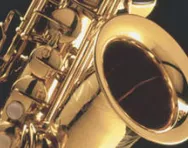
In Key Stage 2 music, your child will be contributing to group or class performances as pupils are encouraged to be aware of how sounds are combined and how they relate to each other. Teachers will offer a variety of music and stimuli to help pupils to improvise and develop their own musical compositions with increasing independence and creativity.
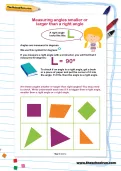
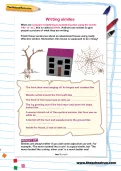
Start the Year 3 Learning Programme!
- Weekly maths & English worksheets direct to your inbox
- Follows the National Curriculum
- Keeps your child's learning on track
Children explore their thoughts and feelings through responding physically, intellectually and emotionally to a variety of different kinds of music from different times and cultures.
Lesson examples
Here are some of the kinds of things your child might get up to in music classes:
- Year 3 children combine movement and sound by creating sounds and movements to describe an animal.
- Year 4 children learn to improvise simple tunes by using chime or tone bars to make up and play simple five- or seven-note melodies.
- Year 5 children discuss differences in timbre (open and closed), duration (long and short) and dynamics (loud and quiet). They listen to the recordings of drumming from India, Africa and other parts of the world and talk about the way these sounds are made.
- Year 6 keep a diary of phrases they hear each other say often which they later use to write their own songs. The teacher reminds them that it’s fine to repeat and change the order of the words.
Help your child at home
- Try to expose your child to as wide a variety of music as you can. Attend music concerts of all types.
- Ask your child to listen to the music played while you are out in shops, restaurants and other public places. Do they notice any differences between the types of music played in different places?
- Play music while your child is doing homework, chores, completing a puzzle or other similar activities. Ask your child to choose what they think is most appropriate for each type of activity.
- Encourage your child to learn to play a musical instrument.
- Suggest your child rewrites the words to a favourite song. The process involves the same composition skills they will use at school.
